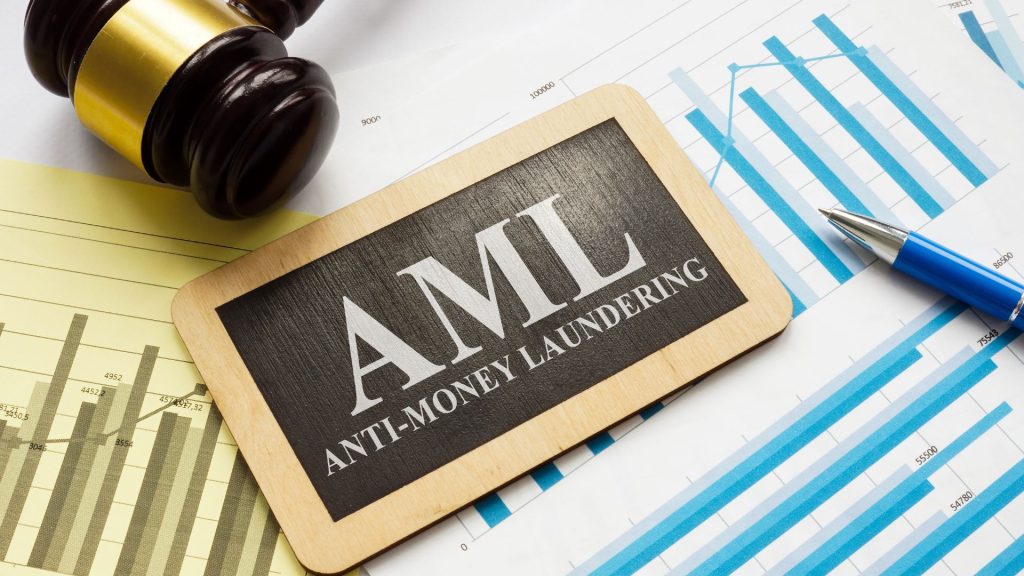
As global regulators tighten scrutiny on digital assets, Monaco is preparing a sweeping anti-money laundering (AML) overhaul aimed at bringing cryptocurrency activity fully in line with European standards by 2026. The move reflects growing pressure on smaller financial centers to enhance oversight of digital banking, crypto trading, and blockchain-based payment services amid rising cross-border capital flows.
Long known for its wealth management sector, Monaco has been cautious in embracing crypto innovation. Yet as private investors increasingly hold digital assets alongside conventional deposits, loans, and checking accounts, the principality recognizes the need to modernize its financial framework.
The planned AML “crypto fix” will establish licensing rules for virtual asset service providers (VASPs), mandating stricter KYC (Know Your Customer) procedures and transaction reporting similar to those applied to banks. Officials say the goal is to make Monaco both a trusted and competitive hub for regulated crypto finance.
“Digital assets can no longer exist in a regulatory vacuum,” a senior financial official said. “Transparency and accountability are essential if we want sustainable growth.”
For investors, the reform offers reassurance that digital holdings will be safer and better monitored. Clearer compliance standards are expected to encourage institutional participation and attract family offices that have so far avoided crypto exposure due to AML risks.
For banks, however, the shift presents both challenges and opportunities. On one hand, financial institutions must upgrade compliance systems to accommodate crypto-linked transactions and digital wallets. On the other, the reform opens a path for banks to expand crypto custody, tokenized deposits, and blockchain-based credit services under a transparent framework.
Monaco’s plan echoes similar initiatives in Switzerland and Singapore, two jurisdictions that have successfully combined financial innovation with strict oversight, earning reputations as safe havens for legitimate digital finance.
The European Union’s MiCA (Markets in Crypto-Assets Regulation), which takes effect in 2025, serves as a key reference point. By aligning with it, Monaco ensures compatibility with European partners—an essential step for a financial ecosystem that depends heavily on cross-border capital flows.
If executed effectively, Monaco’s 2026 AML upgrade could strengthen investor trust, improve international cooperation, and position the principality as a microstate model for responsible crypto-banking integration.
Monaco’s upcoming framework signals a maturing phase for digital finance—where innovation meets institutional discipline.
Insight: As crypto merges with mainstream banking, success will depend less on speculation and more on compliance credibility. For financial hubs like Monaco, the real currency of the future will be trust.
 Previous Post
Previous Post
Regional Banks Raise Red Flags on Nonbank Lending Risks
 Next Post
Next Post
Rodolfo De Benedetti Explains Why Trust Remains the Core Currency in Banking
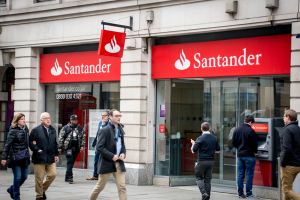
February 28, 2026

February 28, 2026

February 27, 2026
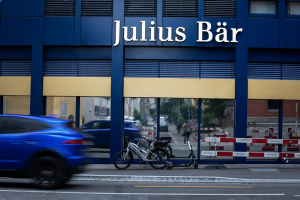
February 27, 2026
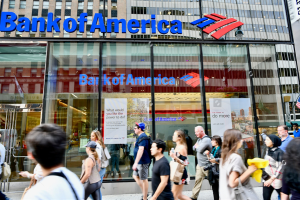
SKN | Bank of America Reaffirms Buy on Synchrony Financial: Partnership Expansion Signals Earnings Durability
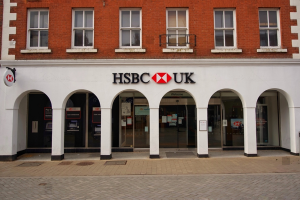
SKN | HSBC Fourth-Quarter Results: Capital Strength, Asia Exposure, and Strategic Realignment in Focus
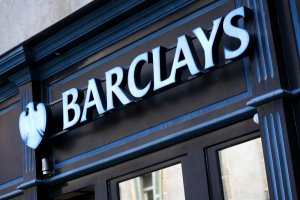
SKN | Barclays Reaffirms Buy Rating on Newell Brands: Cyclical Recovery or Strategic Repricing Opportunity?